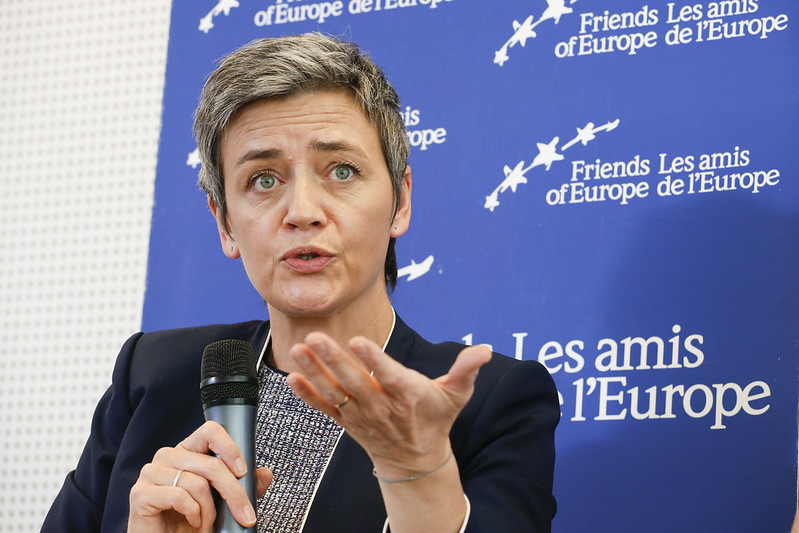Seven EU member states – Belgium, Germany, France, Italy, Poland, Finland and Sweden – have agreed to provide up to €3.2 billion to support research into lithium-ion batteries across the continent. The main areas of focus will include the extraction and processing of raw materials, creation of advanced chemical materials, cell and module design, system integration and battery recycling.
Research projects are intended to support the development of innovative and sustainable liquid-electrolyte and solid-state batteries, with an emphasis on safety and environmental concerns. The participants will aim to facilitate the development of longer-lasting batteries that charge more quickly than current products.
The initiative is scheduled to wrap up in 2031 although sub-projects will be completed along different timelines, the European Commission said.
“Battery production in Europe is of strategic interest for our economy and society because of its potential in terms of clean mobility and energy, job creation, sustainability and competitiveness,” said Margrethe Vestager, the executive vice president whose new job title charges her with creating a Europe fit for the digital age.
Rising demand
Approving the state aid will ensure projects proceed smoothly, said Vestager. As a designated important project of common European interest, the initiative – which the commission described as “ambitious and risky” – will aim to “deliver beyond the state-of-the-art innovation” throughout the entire battery value chain while creating strong industrial partnerships and expediting lab-to-market innovation.
The new projects, which follow the late-2017 launch of the European Battery Alliance, will involve 17 industrial participants working with more than 70 external partners. Together, they will try to develop innovative technologies and supportive policies to ensure the EU benefits from rising battery demand.
“The battery value chain is a strategic value chain for the future of Europe, in particular with respect to clean and low-emission mobility,” the commission concluded, noting the EU must ramp up investment and innovation to create a comprehensive industrial policy strategy. “Positive spill-over effects will be generated throughout Europe. Ultimately, all these activities will contribute to the development of an ecosystem in the battery sector at EU level.”
This content is protected by copyright and may not be reused. If you want to cooperate with us and would like to reuse some of our content, please contact: editors@pv-magazine.com.



UK will go it alone . Another opportunity missed for not so Great Britain !!!
Lithium-ion batteries for off-grid application will add to the efficiency of utilisation instead of tubular lead acid batteries used in India.
For solar penetration, perhaps storage should be given equal importance, in which case, one can be almost independent of grid supply. This is an advantage specially in adverse weather conditions.
It is a pity that this money is not rather spent on the development of clean, non-toxic battery technology. At this rate we will just accelerate the future pollution problem created by the massive increase in the use of non-clean battery technology, driven by MegaWatt utility scale batteries, as well as the forecasted accelerated production or electric vehicles. Clean energy requires clean batteries!
There are suitable alternatives.